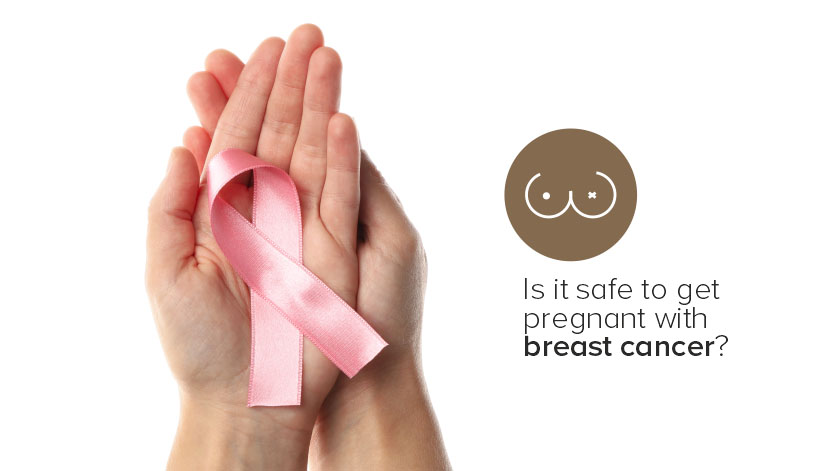Pregnancy is a natural desire for many women, a chapter of life filled with anticipation and joy. However, for women diagnosed with breast cancer, the question of whether it is safe to pursue pregnancy becomes incredibly complex. Balancing the desire for motherhood with concerns about health and treatment outcomes is a daunting task.
